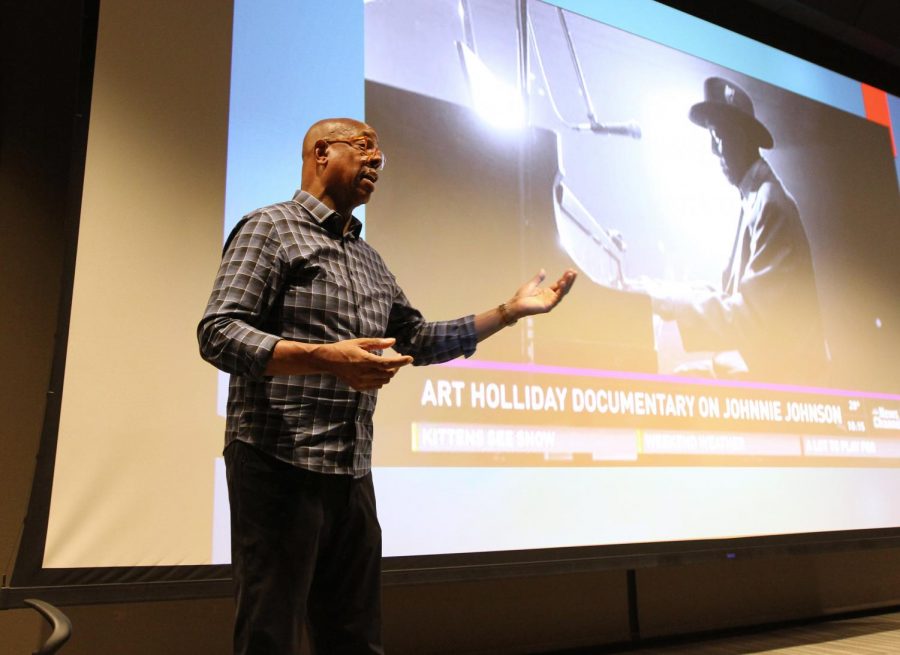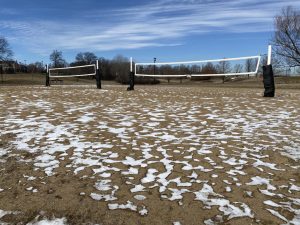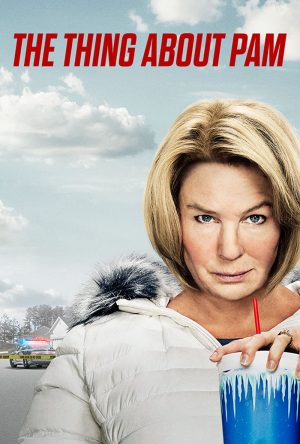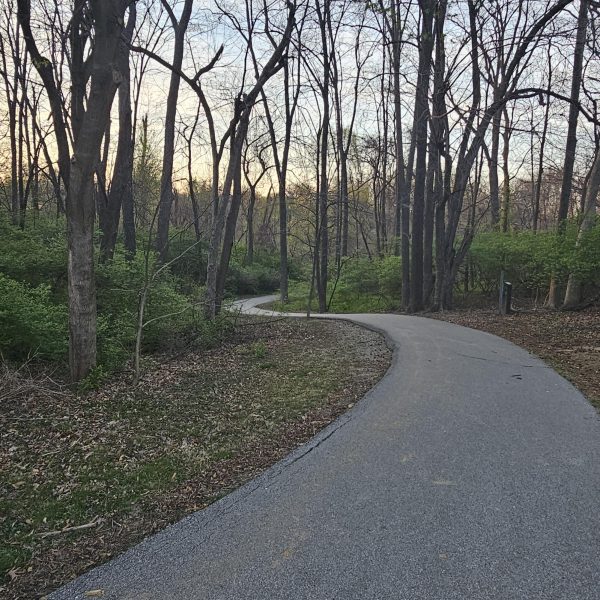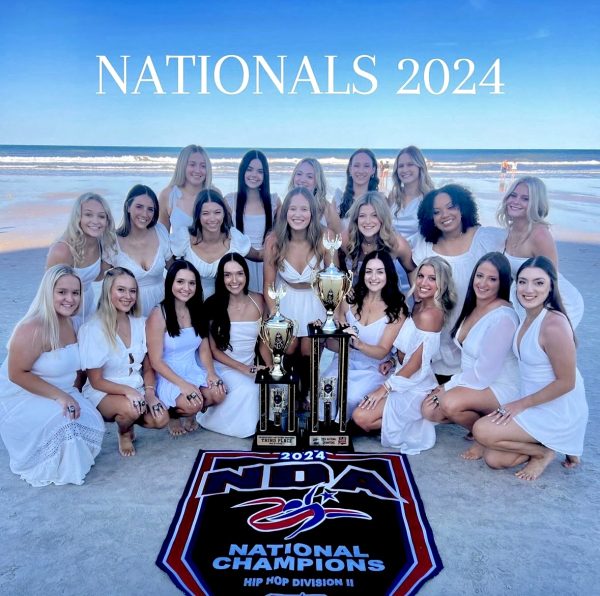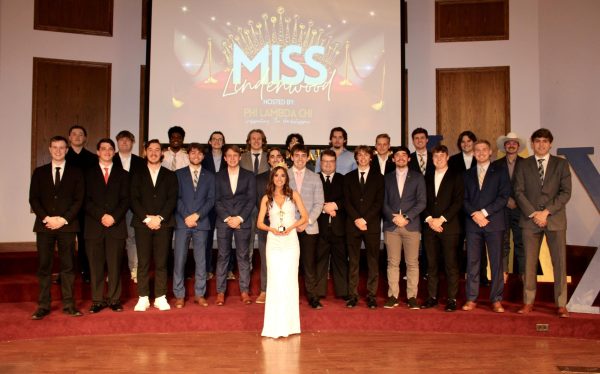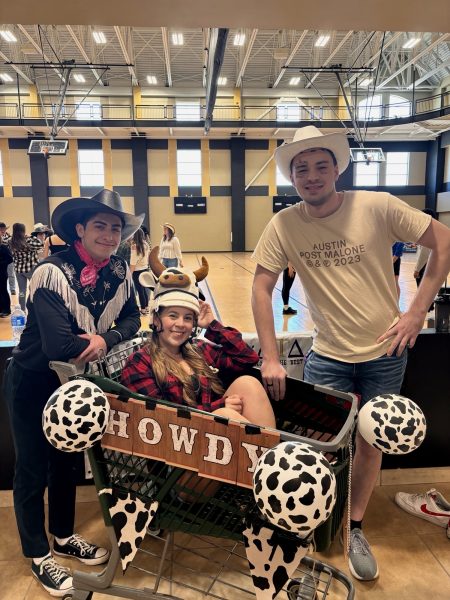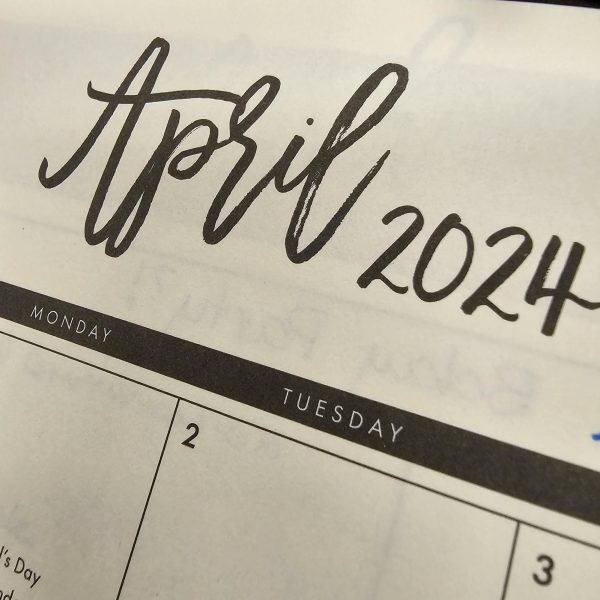Local newscaster presents cut of ‘Johnnie Be Good’ doc
Art Holliday speaks at the screening of his documentary.
Photo by Don Adams Jr., courtesy of Lindenwood University Advancement and Communications
October 24, 2019
At a screening on campus of his yet-to-be-released documentary about a pianist who some call the father of rock and roll, KSDK-TV anchor Art Holliday told the story of creating the star-studded biography.
Holliday’s film, “Johnnie Be Good,” has gone through several obstacles over the past 15 years, and faces yet more difficulties before it can be released.
It covers the life of Johnnie Johnson, who played piano alongside Chuck Berry and inspired the lyrics of his 1958 classic “Johnny B. Good.” Johnson may not be widely known, but according to the documentary, he made great contributions not only to Berry’s music but to rock as a genre.
After the free 7 p.m. screening in the Library and Academic Resources Center theater Tuesday, Holliday took audience questions about the film he directed, shot, and wrote.
“Johnnie Be Good” has been in the making since 2004. The movie is narrated by Hollywood actor John Goodman and Grammy-winning musician Michael McDonald, both St. Louisans. It features interviews with musicians who knew Johnson or were influenced by his work, including Eric Clapton and members of the Rolling Stones, the Grateful Dead and Aerosmith.
As a music fan, Holliday said talking to popular 20th-century musicians was one of the most amazing experiences of his life, but getting interviews came with difficulty.
“There are few things more thankless than trying to get the attention of rock stars,” he said. “You get ignored a lot.”
Nine months after the documentarian started the project, international coverage of Johnson’s death drew celebrity interviewees’ attention to “Johnnie Be Good,” Holliday said.
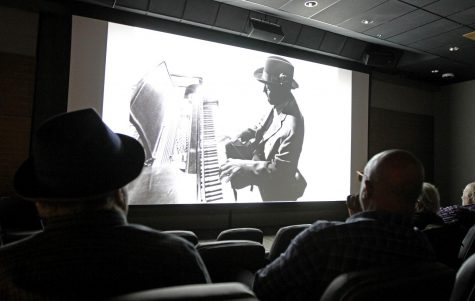
Photo by Don Adams Jr., courtesy of Lindenwood University Advancement and Communications
Johnson’s work with Berry in the 1950s is credited with shaping the style of the then-emerging genre of rock.
But later, Johnson fell into obscurity, working as a bus driver, before Stones co-founder Keith Richards brought him back into the spotlight in the 1980s. And because he was not a frontman, Johnson’s contributions to music went unrecognized in the Rock and Roll Hall of Fame, until a petition with prominent musicians’ signatures led to his induction as a sideman in 2001.
“I love Johnnie’s story, and what an unassuming, humble man he was,” Holliday said. “He didn’t care about being famous, he didn’t care about impressing you.”
Also, Johnson got no royalties or songwriting credit for Berry’s hits, though he claimed he helped create the music. This controversy was the subject of a 2000 lawsuit which did not make it to court.
Holliday said Berry put a number of roadblocks in front of the production of “Johnnie Be Good.” When he died in 2017, Berry said none of his music could be used in the film.
Because of this, Holliday is preparing a legal argument that his use of the songs is allowed under fair use.
He said rights to songs and footage in “Johnnie Be Good” must be secured before distribution, and a music supervisor is looking at licensing costs, which may number in the hundreds of thousands of dollars.
Holliday said he has already raised over $200,000 for the movie, which also has some color and sound correction yet to be finished.
“I feel a huge responsibility because the Johnson family turned over Johnnie’s story to me,” he said. “He’s got kids and grandkids and stepkids, and people that want to see this come to fruition.”
Holliday, a St. Charles native who has worked at KSDK for 40 years, said he has made documentaries since the 1990s. While still handling post-production issues with “Johnnie Be Good,” he has started working on another documentary about a prison minister.



